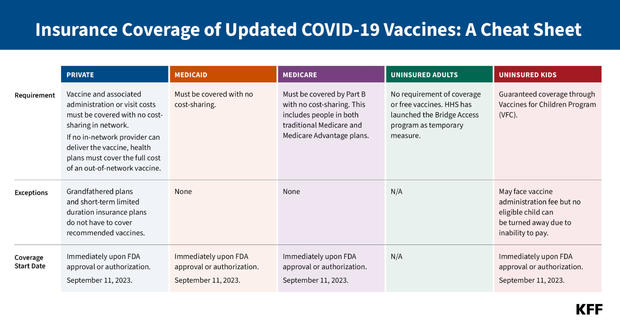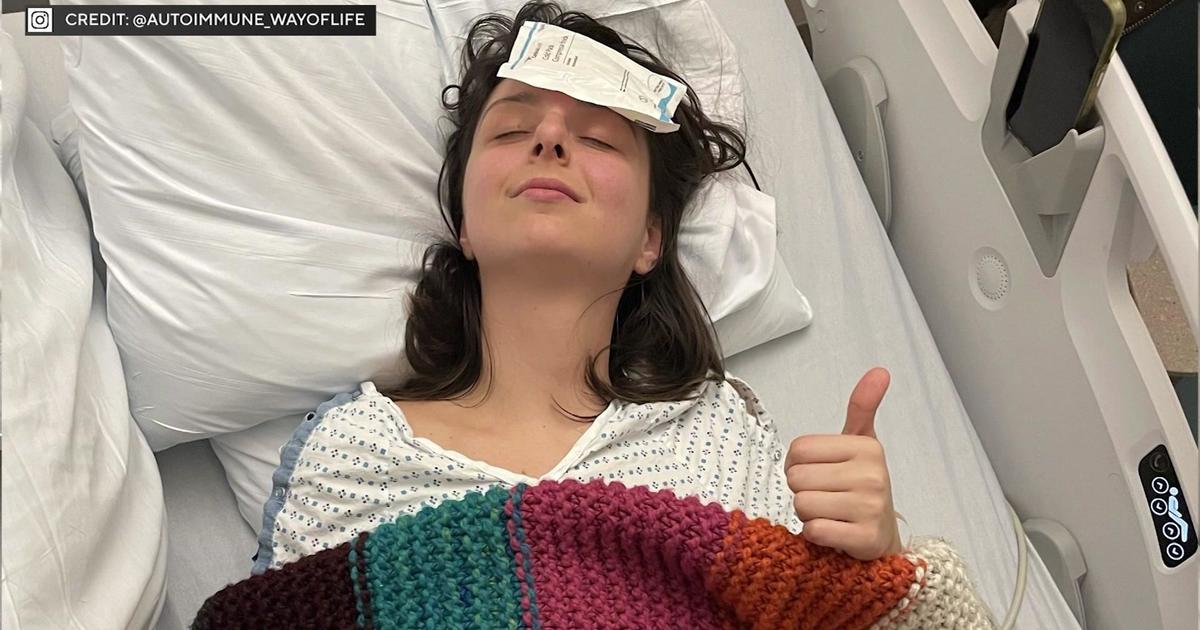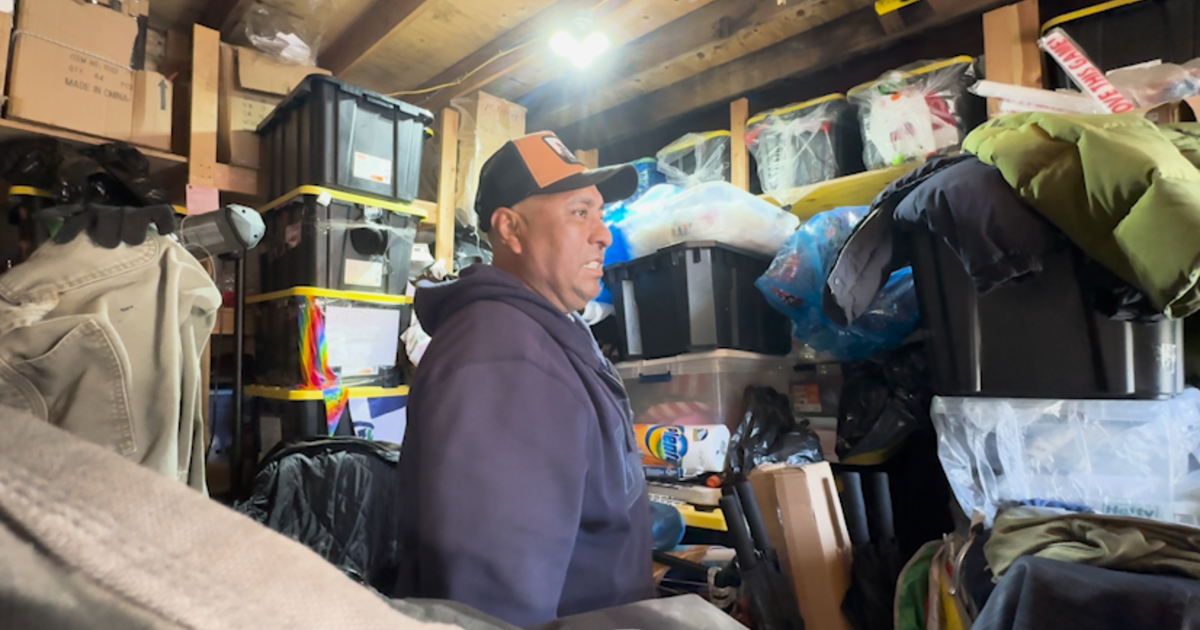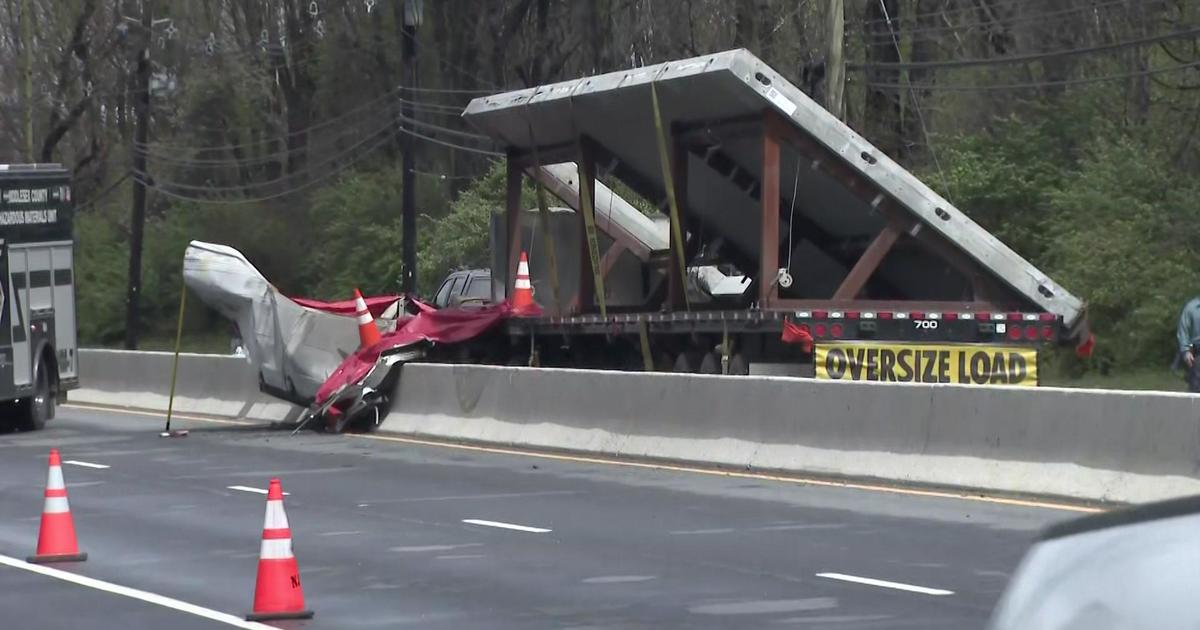How to get the new COVID vaccine for free, with or without insurance
Federal health authorities are urging Americans to reach out to their insurers after reports of some people encountering trouble getting their new COVID-19 vaccine shot for free. Those issues have arisen despite programs and requirements designed to make the shots available at no out-of-pocket cost for all Americans.
The hurdles are new to this year's commercial rollout of COVID-19 vaccines from Moderna and Pfizer, which are now listed for more than $100 on the private market. Earlier during the pandemic, vaccines and boosters had all been paid for by the federal government.
"There have been a number of glitches with billing codes [and] shipping of vaccines," Dr. Céline Gounder, CBS News medical contributor and editor-at-large for public health at KFF Health News, said on "CBS Mornings" Tuesday.
Officials say this year's hiccups in coverage of the shots should be temporary, as insurers and vaccinators work to iron out issues in the systems that handle billing for the shots.
"My sense is that these are glitches that will be addressed pretty quickly, but if not, please know, first and foremost, you should not have to put money out of pocket to get the COVID vaccine," Health and Human Services Secretary Xavier Becerra told reporters on Sept. 20.
Here's the latest we know about the policies that should make COVID-19 vaccines free, and how to find shots at no cost.
Free COVID vaccine for people with insurance
Under federal law, plans are required to cover COVID-19 vaccines at no cost to you through providers within your insurer's network.
If there are no vaccinators in your network who can offer the shots, insurers are required to cover the service out-of-network without cost sharing.
"If you have private insurance — whether it's private, Medicare, Medicaid — you should have your free vaccine at no cost to you. It's covered by insurance," Gounder explained. "But because of these glitches, there have been some issues. You may want to wait until early to mid-October just for these things to get ironed out. If you do get your vaccine now, you may need to resubmit or appeal a denial, but you should get it for free."
A "cheat sheet" by the nonprofit KFF, seen below, lays out some details of coverage for Americans covered by private insurance, Medicare and Medicaid.
The requirement to cover shots began immediately for the updated fall 2023 shots after they were greenlighted by the Food and Drug Administration, officials said, erasing a monthslong grace period private insurance companies typically have to implement new vaccines.
"I am writing to ask for continued partnership and also want to remind you of legal obligations for coverage of the vaccines," Becerra wrote in a letter dated Sept. 22 to health insurers, outlining details of the requirement.
Becerra said federal health officials have urged insurers for months to "begin working on getting your systems ready" ahead of the rollout of this fall's vaccines.
However, pharmacies and doctors have complained of issues with some insurers not updating their billing systems for the shots, leading to some being turned away from their appointments.
"The guidance that CDC and CMS put out earlier about being able to start implementing, a good number of plans did not even follow that," Mitchel Rotholz of the American Pharmacists Association said Sept. 22, at a meeting of federal vaccine advisers.
- Free COVID test kits are back. Here's how to get them.
- Do COVID-19 tests still work after they expire? Here's how to tell.
Experts at the meeting acknowledged rocky rollouts are far from unheard of for new vaccines, with other shots for RSV and pneumococcal bacteria also hitting snags in insurance coverage and availability this year.
"There needs to be some stronger enforcement to put that in place, unless we're going to continue to face these obstructions," Rotholz said.
In his letter, Becerra said he urged insurers "to act as quickly as possible."
"In the meantime, I am urging consumers to reach out to their plans or issuers so that you can meet your obligations as easily as possible," he said.
Free COVID vaccine for people without insurance
Americans without insurance can find shots for free at locations in the federal "Bridge Access Program" run by the Centers for Disease Control and Prevention.
Locations with shots available in the program can be found online through Vaccines.gov.
They include health centers backed by the federal government, vaccinators who get shots through their local health departments, and many retail pharmacy locations, including Walgreens and CVS.
Vaccinators in the Bridge Access Program are supposed to administer shots to uninsured Americans at no out-of-pocket cost, after asking them whether they have health insurance. Pharmacies in the program then get payment from the federal government for each dose they administer.
Patients are not supposed to need to prove that they do not have health insurance in order to get free shots from the program. However, uninsured Americans running into challenges can sometimes ask pharmacists to run their information in the system to show they have self-paid for prescriptions in the past.
"The Bridge Access Program is designed to get rid of patient barriers to COVID-19 vaccines. The burden of patient eligibility verification will be on our healthcare systems, not on patients," the CDC said in an FAQ published about the program.




